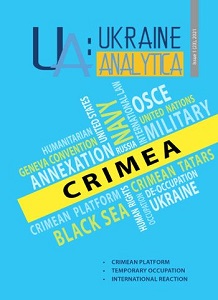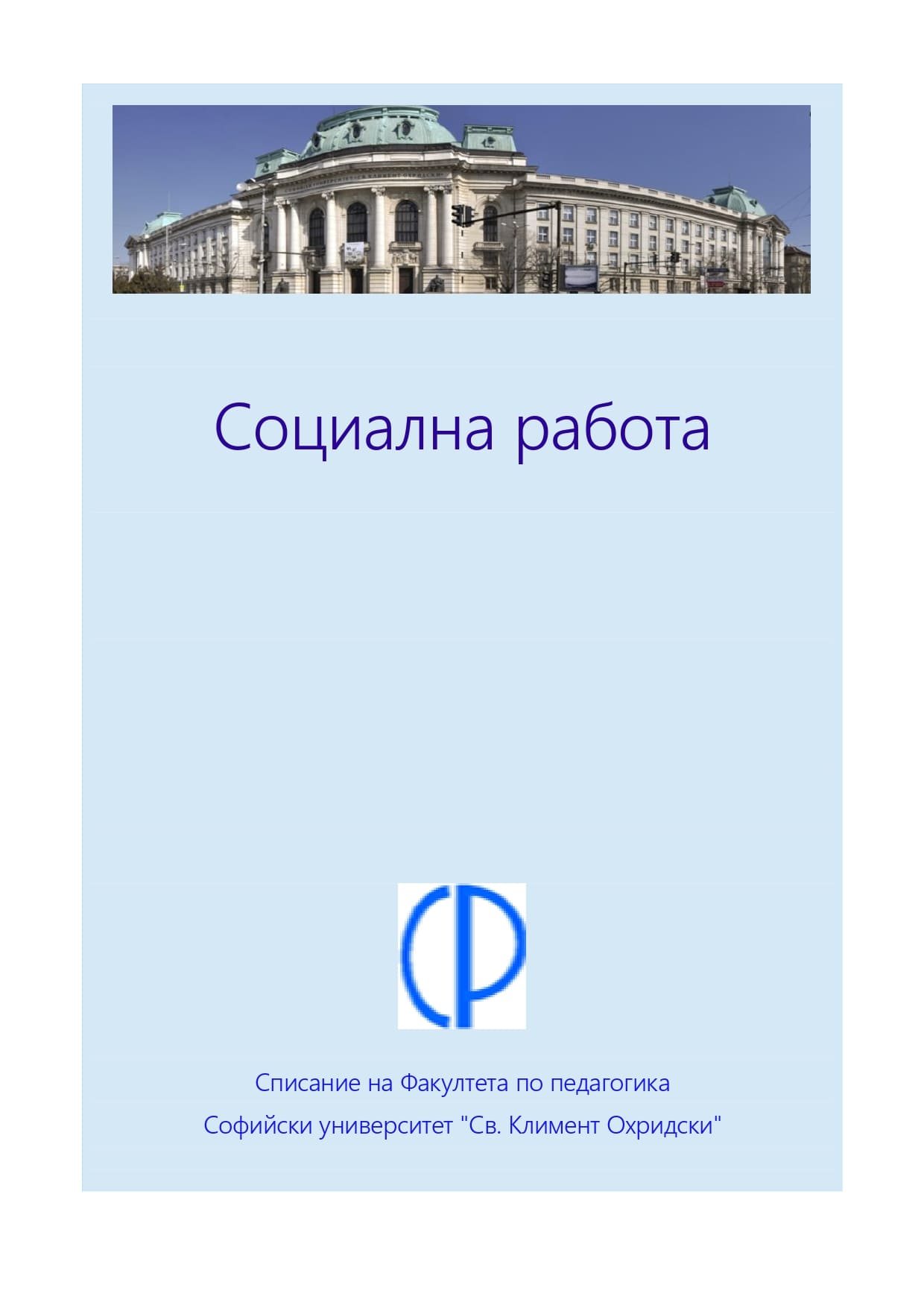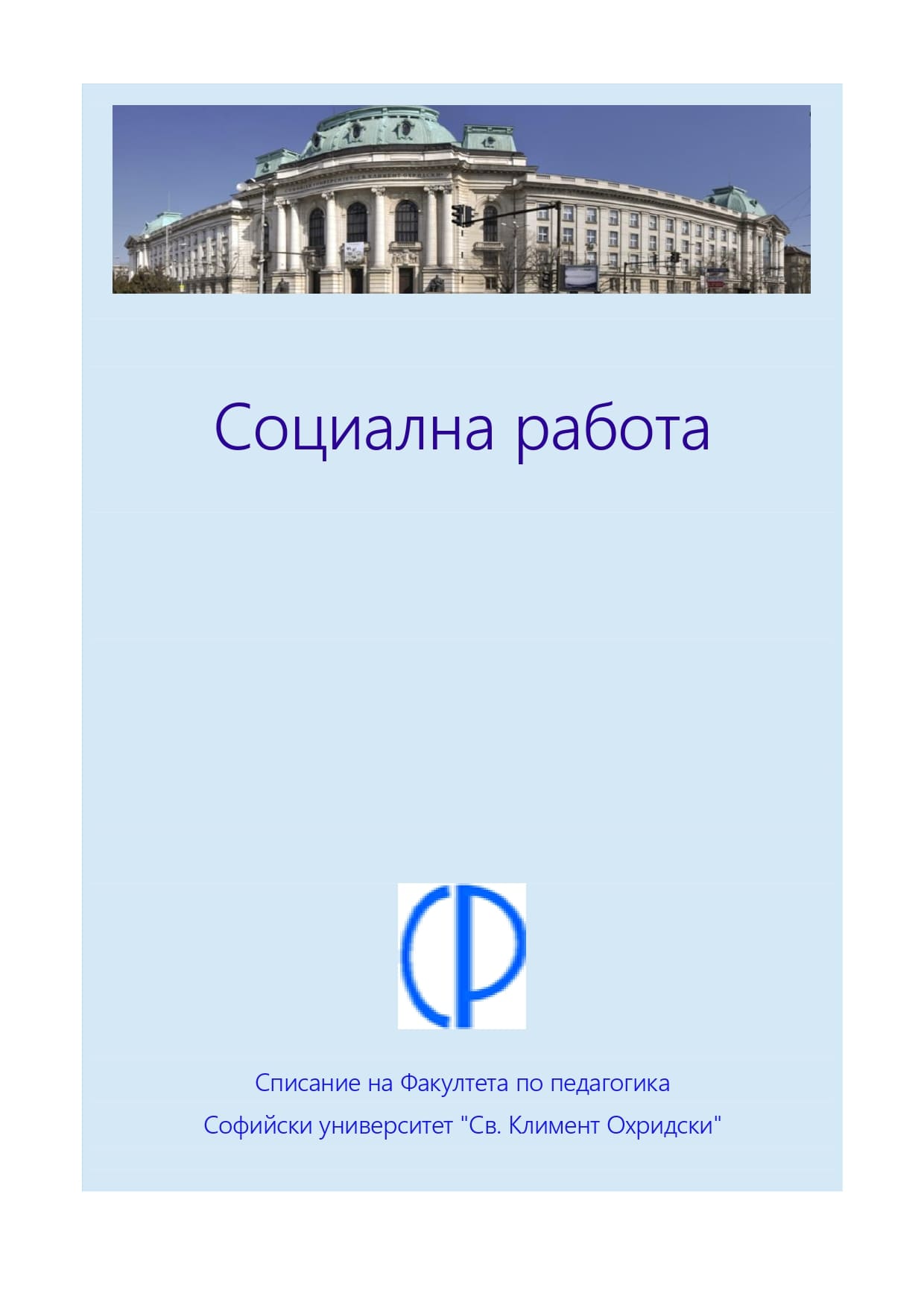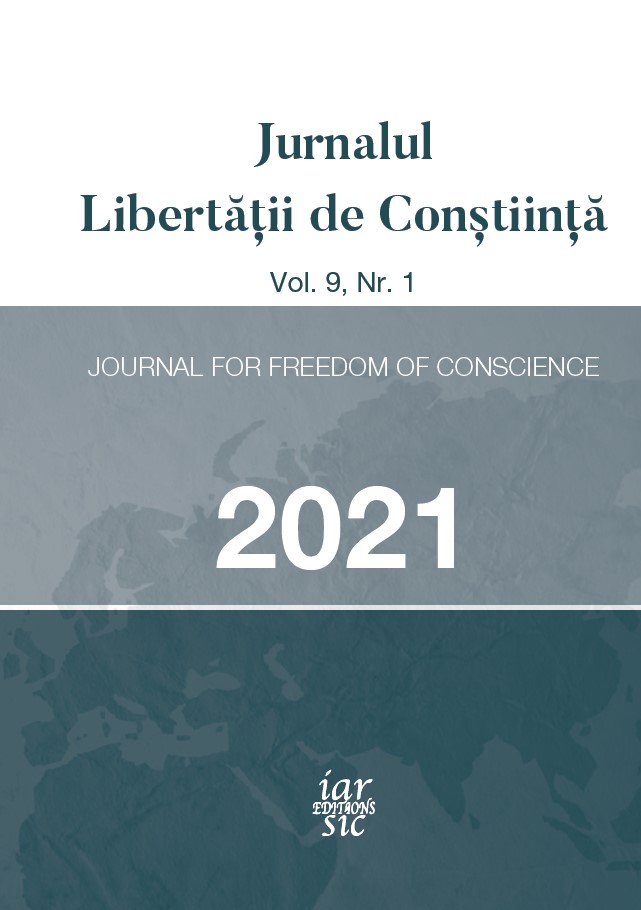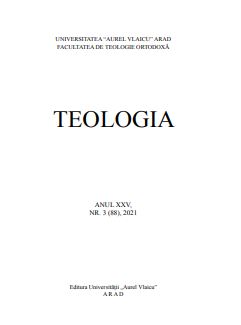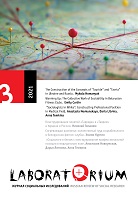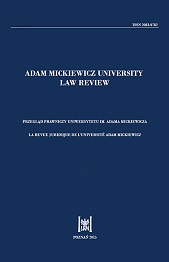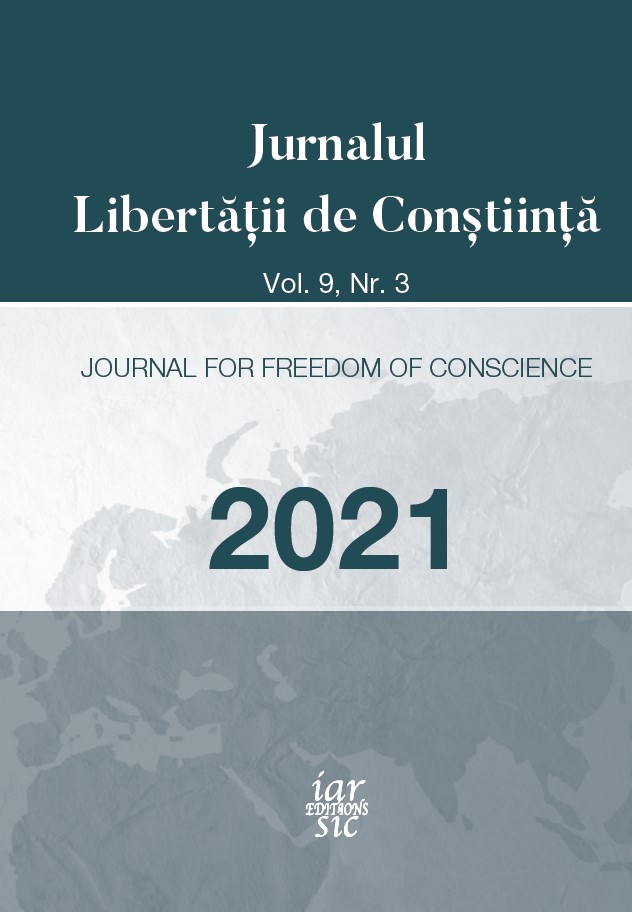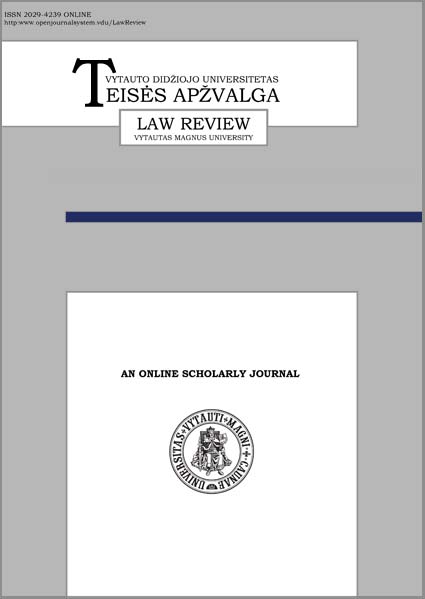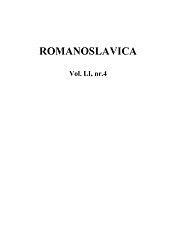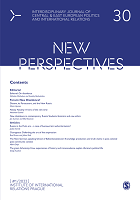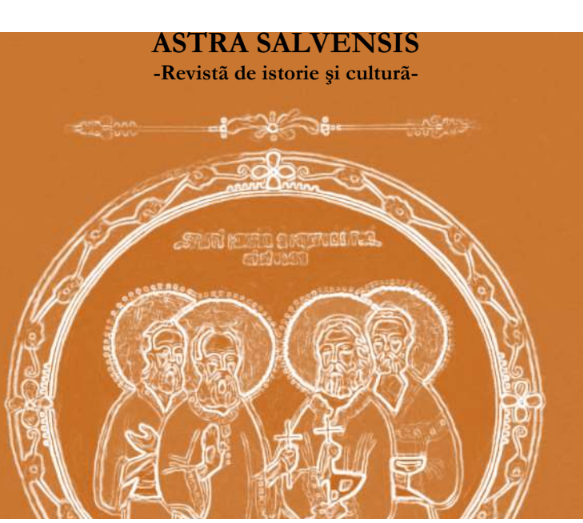Author(s): Matas Baronas / Language(s): Lithuanian
Issue: 2 (24)/2021
Comment analyses the amendments to the Code of Civil Procedure (CPC), which come into force on 1 January 2021 and which restrict the right of creditors to choose the bailiff, thus addressing the problem of dominant creditors and dominant bailiffs. The author examines the possible consequences of the restrictions on the right of creditors to choose a bailiff for the creditor, the debtor and the bailiff. It looks at responsible lending provisions and the safeguards they put in place to minimise the risk of individuals borrowing too much, thereby creating systemic risk in the market, while leaving adequate borrowing opportunities for low-income earners. It reviews the influence of stakeholders in the legislative process and assesses the arguments chosen by the parties to support their positions. To ensure that the interests of creditors are fully represented, the Lithuanian Association of Credit Management Companies, representing the 10 largest credit management companies in the country, the INFOBALT member group FINTECH Lithuania, which brings together the main players of the Lithuanian FINTECH community, the Association of Banks of Lithuania, the Private Limited Liability Company Vilnius Waters and the Association of Insurers of Lithuania are involved. Do these organisations represent all types of creditors and their interests, or are the problems mentioned by these organisations the most relevant for the creditors they represent and therefore the list of potential problems and challenges is not exhaustive? Is the opposition of these organisations a sufficient reason not to amend the law, or are they just arguments of one, status quo stakeholder? The constitutional principles of protection of legitimate expectations, legal certainty and legal security imply the obligation of the state to ensure the certainty and stability of legal regulation, to protect the rights of individuals, and to respect legitimate interests and legitimate expectations. Is the protection of legitimate expectations limited to the rights of the creditor? Does the division of the creditor's debt portfolio among the bailiffs appointed by the automated system not shift the cost savings of the debtor in the event of forced recovery of the debt to the creditor? Can this principle be reconciled in all cases where the legitimate expectations of the parties differ? Is a value as important as the principle of stability in employment relationships only valued in the short term? Are negative systemic changes in the short term possible in order to establish the principle of stable employment relations in the future? Is the legislator's choice of the date of entry into force of the new version in the event of force majeure of particular importance? The article assesses the impact of the changes in the law on the implementation of the principles of legitimate expectations and the stability of employment relations, and discusses the choice of the law's entry into force period. The situation is examined through the positive and negative social, economic and legal implications for different stakeholders. It also assesses the issues raised by the implementation of the changes to the law in relation to the protection of personal data, the possibilities of an automated system for the management of debtors' personal data, and liability in the event of breaches of the General Data Protection Regulation (EU) 2016/679. It examines the performance indicators of bailiffs, the creditor's right to appeal against a bailiff's actions and the legal possibilities to replace an inefficient bailiff. The article seeks to test the assumption that the interests of creditors will be disproportionately harmed by the aggravation of enforced debt recovery and the administrative problems caused to those administering large debt portfolios, without providing debtors with guarantees that they will be recovered more quickly and economically.
More...
